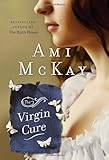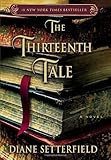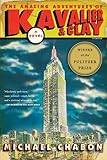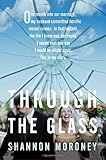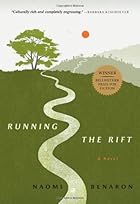Gothic (goth-IK): a literary style popular during the end of the 18th century and the beginning of the 19th. This style usually portrayed fantastic tales dealing with horror, despair, the grotesque and other “dark” subjects. Gothic literature was named for the apparent influence of the dark gothic architecture of the period on the genre. Also, many of these Gothic tales took places in such “gothic” surroundings. Other times, this story of darkness may occur in a more everyday setting, such as the quaint house where the man goes mad from the "beating" of his guilt in Edgar Allan Poe's “The Tell-Tale Heart.” In essence, these stories were romances, largely due to their love of the imaginary over the logical, and were told from many different points of view. This literature gave birth to many other forms, such as suspense, ghost stories, horror, mystery, and also Poe's detective stories. Gothic literature wasn't so different from other genres in form as it was in content and its focus on the "weird" aspects of life. This movement began to slowly open may people's eyes to the possible uses of the supernatural in literature.
List of some Gothic novels that you may have read:
- Jane Austen's Northanger Abbey (1818)
- Charlotte Brontë's Jane Eyre (1847) and Villette (1850)
- Emily Brontë's Wuthering Heights (1847)
- Charles Dickens's Oliver Twist (1838), Bleak House (1854), Great Expectations (1861) and The Mystery of Edwin Drood (1870)
- Daphne du Maurier's Jamaica Inn (1936), Rebecca (1938) and Don't Look Now (1970)
- Henry Farrell's What Ever Happened to Baby Jane (1960)
- J.G. Farrell's Troubles (1970)
- Elizabeth Gaskell's The Doom of the Griffiths (1858), The Grey Woman and Lois the Witch
- Charlotte Perkins Gilman's The Yellow Wallpaper (1892)
- Susan Hill's The Woman in Black (1983)
- Shirley Jackson's The Lottery (1951), A Visit (1952), The Haunting of Hill House (1959) and We Have Always Lived in the Castle (1963)
- W.W. Jacobs's The Monkey's Paw (1902)
- Henry James's The Turn of the Screw (1898) and The Real Right Thing (1899)
- Ira Levin's Rosemary's Baby (1967)
- Toni Morrison's Beloved (1987)
- Mary Shelley's Frankenstein (1818)
- Robert Louis Stevenson's Strange Case of Dr Jekyll and Mr Hyde (1886)
- Bram Stoker's Dracula (1897) and The Lair of the White Worm (1911)
- Donna Tartt's The Secret History (1992) and The Little Friend (2002)
- Oscar Wilde's The Picture of Dorian Gray (1891)
- Carlos Ruiz Zafon's The Shadow of the Wind (2001)




